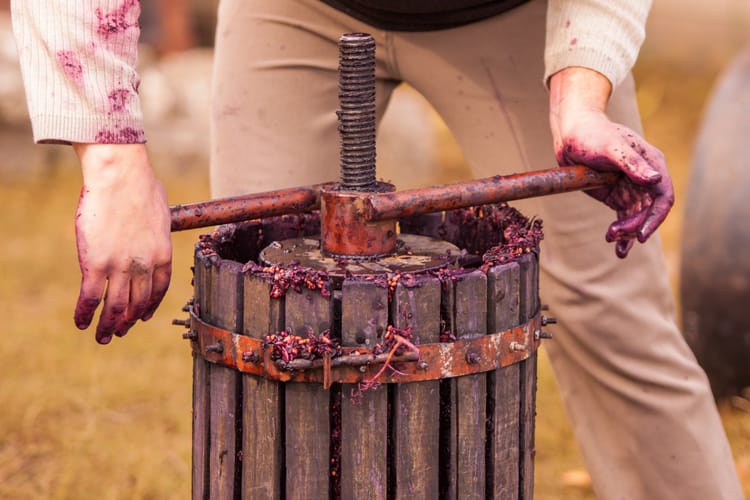The Trump-Putin Pact Already Exists, and We Should Act Accordingly
The fact that military assistance to Ukraine might have been cut before Zelensky’s meeting with Trump in the Oval Office—and only later reconnected—should serve as an example of the current mindset in Washington.
Trump is seeking alignment with Putin.
Putin has asked for concessions, and concessions have been promised. We may not yet know the full extent of those promises, but we must be prepared for all of it—Ukraine’s sovereignty, military support, security guarantees, and political future could all have already been handed over in exchange for the alignment Trump is pursuing.
But since openly selling out to Putin is still politically unpalatable, the administration will use any means necessary to cover its tracks.
As someone who grew up in 1990s Lithuania, I remember all too well how the older kids from the nearby Russian school would wait for us on our way to class. If they had decided to beat you up, they would find a reason. It didn’t matter what you did—if you happened to walk by, they would make it happen.
It reminds me of an old Russian prison joke.
A man asks another for a cigarette. The other says he doesn’t have one. “Do you have a light?”—“No, I don’t smoke.” The first man sighs, then punches him. “Why?” the beaten man asks. “Because you’re not wearing a hat.” Pochemu bez shapy?
That’s how it worked in the streets too. If you had a cigarette, they took it. If you had money, they took it. If you gave them nothing, they hit you just because. There was no right answer, because it was never about cigarettes, or money, or hats. It was about power.
And if you wanted to survive, you had to act accordingly. If you could fight, you fought. If you couldn’t fight, you avoided their territory. If you couldn’t avoid it, you made sure you weren’t alone. What you didn’t do was think that carrying a hat, cigarettes, or money would save you. That was the mistake of those who didn’t understand the rules—they gave up everything and still got beaten. Because the Russian thug stops only when challenged.
And the same logic plays out not just on the streets, but in geopolitics.
“Sign this deal on your minerals.”
“Ok.”
“Well… then we’ll punch you because you didn’t wear a suit.”
It’s not about the minerals, or the elections, or any of it.
It’s about submission.
That was true in 1939, when the Soviet Union signed a Mutual Assistance Pact with Lithuania and stationed 20,000 troops in the country. A year later, the Soviets declared that there was an "incident" involving a few Soviet soldiers. This "incident" was used as the pretext for an ultimatum.
The Soviets demanded the resignation of Lithuania’s government and the handover of the Chief of Intelligence and the Minister of the Interior. Lithuania was given 48 hours to comply. But even as Lithuania’s Foreign Minister was receiving the ultimatum, Soviet troops were already advancing towards Lithuania. By the time the deadline expired, the occupation was a fait accompli.
We didn’t know then that it had all been agreed in advance in the secret Molotov-Ribbentrop Pact.
Today, we have no excuse for such naivety. It’s a safe bet that the Trump-Putin Pact already exists—and we should act accordingly.






Member discussion